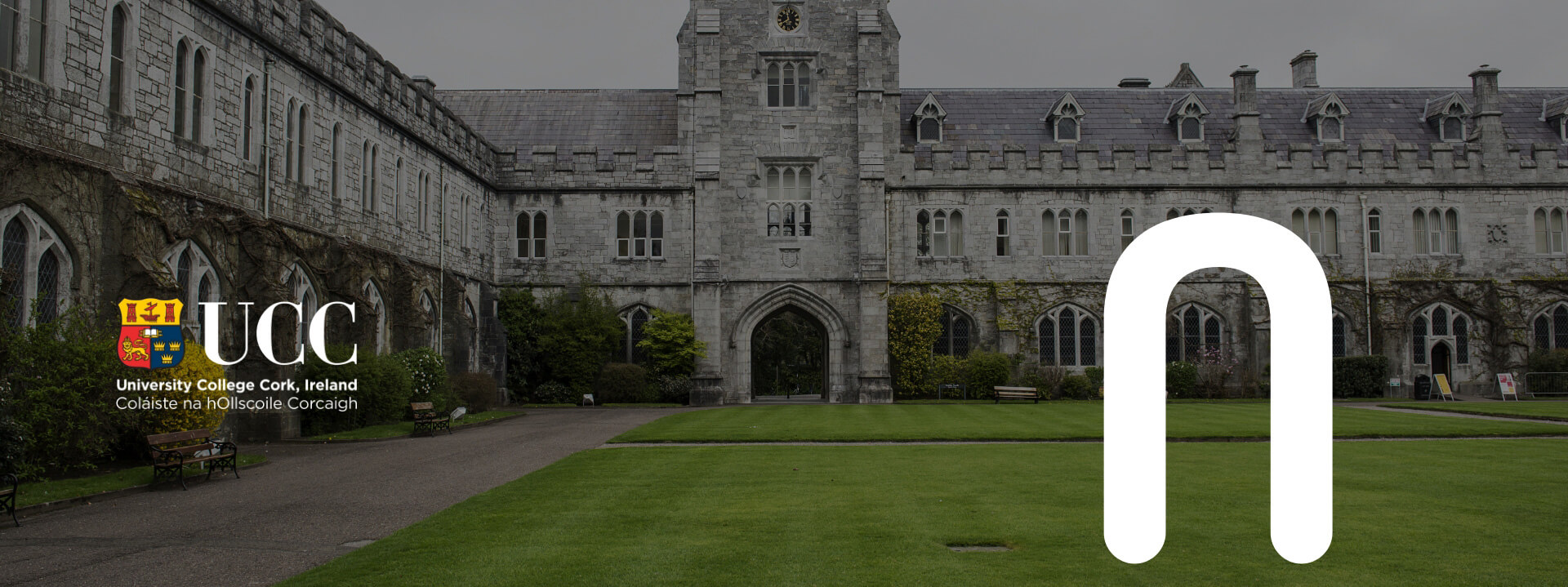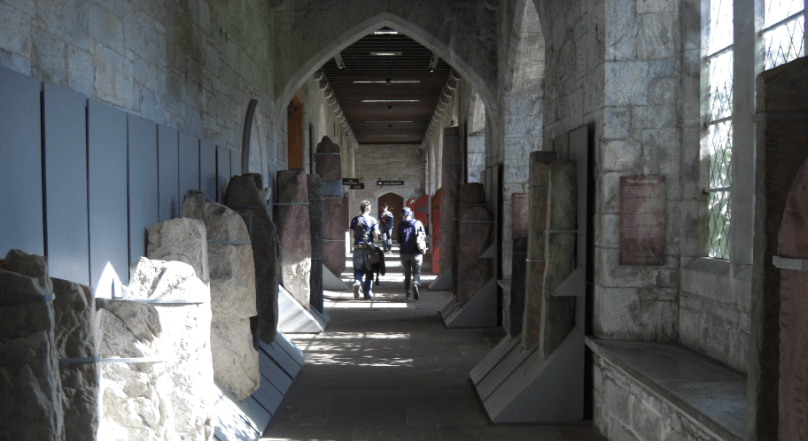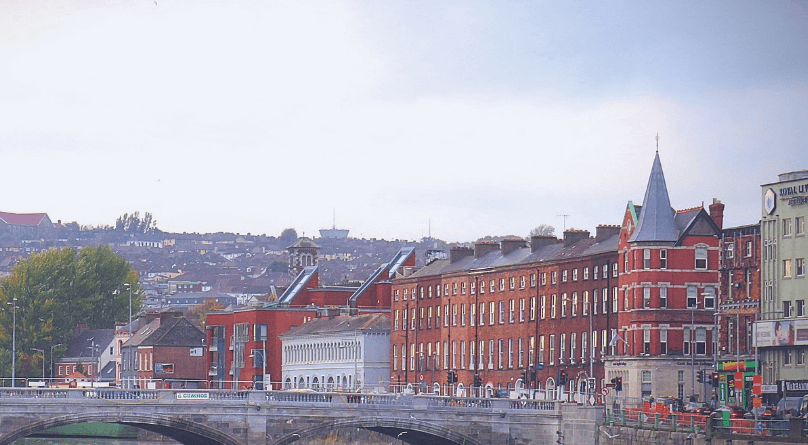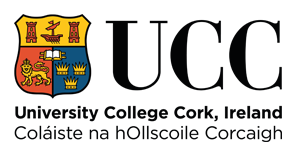The UNIC website uses cookies to improve your experience. Read our full Cookie Policy here.

Often cited as one of the best universities in Ireland, the majestic campus of the University College Cork is home to 21,000 students.
24000
students
222000
inhabitants


University College Cork participates in UNIC to further drive its agenda of inclusion and to develop its strengths in areas where it already has a track record and to partner with those who bring additional and complementary strengths to the University. UNIC provides an opportunity to join with other partners universities to have a stronger voice relating to informing European policy and funding relating to all aspects of relevance to an inclusive and wholly embracing learning experience. Participating in UNIC, with Cork City as a partner and partners in similar post-industrial cities forms the basis of research, teaching, learning and mobility partnerships upon which the European University of Post-Industrial Cities to which UCC is wholly committed can be established. The strategic added value for University College Cork participating in UNIC, is deeply aligned with the UCC Strategic Plan 2017-2022 and Academic Strategy (2018-2022):
Lifelong and life-wide learning and continuing professional development are demanded by employers and employees in supporting flexible career paths. This is fundamental to the learning objectives of the UNIC Alliance.


UCC has the following relevant key aims and activities relevant to the future activities of the alliance (all in line with UCC’s key strategic aim outlined in its UCC Strategic Plan 2017-2022 to deliver an innovative academic mission):
UCC sees the above activities and aims as being very much aligned with the objectives of the European University of Post Industrial Cities.
